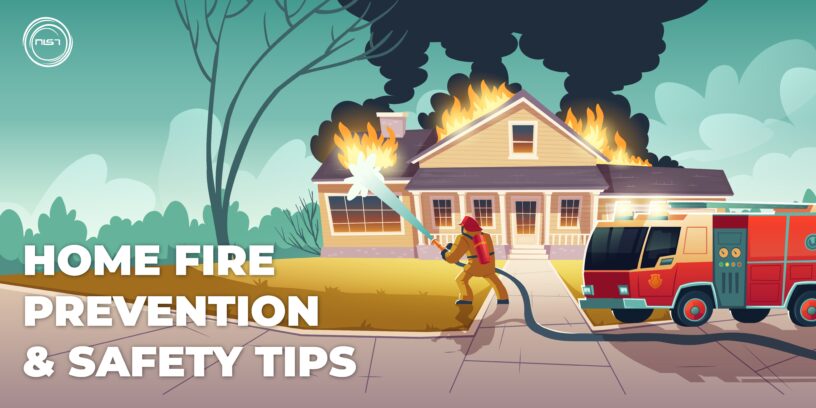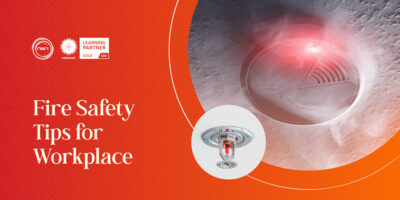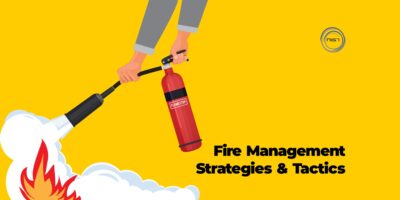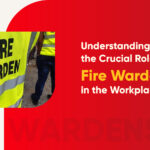Home Fire Prevention:
Fire safety should be a top priority for all homeowners as well as businesses, schools, government buildings and other structures that may be susceptible to fires or explosions such as oil refineries, chemical plants, power stations and others where workers could be affected by toxic fumes or high temperatures in the immediate aftermath of an incident (e.g., explosion).
Residential fires account for the vast majority of fires that kill or injure children. India has had roughly 1.6 million fire accidents so far, with 27,027 people killed. Children under the age of ten and people over the age of 60 were the most exposed. Different Home Fire Safety Programs was developed to help educate residents about fire safety procedures, encourage fire safety behavior and promote awareness of potential risks associated with various hazards including electricity, water, gas, heating systems, fuel, propane tanks, storage devices and natural hazards.
Fire preparedness planning includes identifying a place to meet in case you need to evacuate your home quickly, having a plan with family members and friends about how they should respond during an emergency, knowing how much water to have on hand to use for survival, and what supplies to take with you if needed.
- Be careful while smoking, using flammable things like candles at home etc.
- Be attentive while cooking and use proper ventilation and light whenever cooking
- Keep combustible things away from walls and corners, never store anything over an open flame, and never set lamps on top of tables, etc.
- A stove, oven, or burner is the greatest single cause of house fires. Keep your children and pets away from Kitchen stoves, space heaters etc.
- Do not overload electrical outlets and disconnect appliances that are not in use to avoid accidental electric shock.
- If you have a working fireplace, make sure to extinguish and remove burning embers before leaving the area
- Do not overload electrical outlets and disconnect appliances that are not in use to avoid accidental electric shock
- If you will be out from home for more than one hour, always lock the doors and close the windows
Steps to avoid a fire hazard – checklist:
- Learn how to contact fire people during emergencies
- Respond quickly to the incident
- List out possible hazards at home
- Use evacuation plans
- List out all possible ways you can escape through during emergencies
- Practice fire drills inside your home with your family members
- If there are difficulties in using any exits, get it fixed at the earliest
- Install smoke alarms at home
- Check out smoke alarms regularly and set them if it gets repaired
- Buy and fix fire extinguishers at home
- Last but not least – keep the preventive steps updated

Importance of fire extinguishers:
Fire extinguishers should be considered as part of your home safety plan because: It could save your life! A fire extinguisher can save your life by saving you from smoke inhalation, burns, and potentially worse things if the fire gets out of hand and spreads to your home furnishings and belongings such as books, clothes, furniture, artwork, and electronics and appliances you own that may be damaged by a fire in your home
Evacuation plan:
Though an advance warning through fire or smoke alarm might help you and your family members, an evacuation plan is vital to escape safely and on time.
Teach each family member to take an active role in ensuring that everyone understands how to use it and how to safely exit in the event of a fire or other emergency. Most importantly, involve children in ‘fire evacuation’ plans.
Fire Alarm:
Fire alarm monitoring service should be implemented in every building in order to keep everyone safe and secure from harm during an emergency situation that requires immediate attention. In case of any fire outbreak, it can cause damage to both lives and property. The best solution here is to have an effective fire detection system installed by a professional, so you can be sure nothing will happen in case a fire starts without you knowing about it and hence causing loss to yourself and others around you. If you’re looking for a solution to protect your properties from potential risks like fire then the first thing you should do is hire an expert technician to set up a reliable fire alarm system on your premises.
Smoke Alarm:
Just like fire alarm, smoke alarms helps in saving lives during a fire outbreak. Install at least one working smoke alarm near each sleeping area, including children’s rooms and other places where they spend time alone or sleep most of the night away from their parents’ supervision (in bedrooms or family rooms). Make sure the batteries are replaced every six months, especially if you have more than one smoke alarm in your home – replace them all together as a team! If you don’t have a smoke alarm, now is the time to get one. Fires in homes with no smoke alarms (41 percent) or no working smoke alarms resulted in nearly three out of every five home fire deaths (16 percent).
Benefits of fire prevention training:
Proper fire safety training will assist learners in understanding the various possibilities and causes of fire formation, identifying fire hazards, particularly in workplace environments, and becoming familiar with fire safety devices such as various types of fire extinguishers, fire alarms, fire control mechanisms, emergency evacuation plans, and mock drills, which involve a series of active steps, etc. to prevent fire hazards.
About us!:
A good educational institute will always guide you in the right direction. NIST is India’s first NEBOSH Gold Learning Partner, as well as an ISO:9001 certified company. NIST offers a one-day/8-hour fire safety training that can be customised to meet the needs of individuals/employees.














Leave a Reply